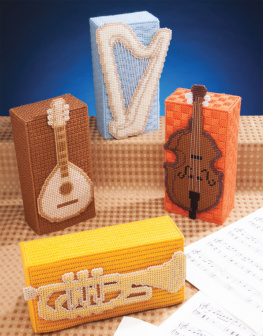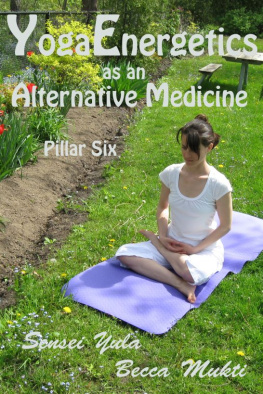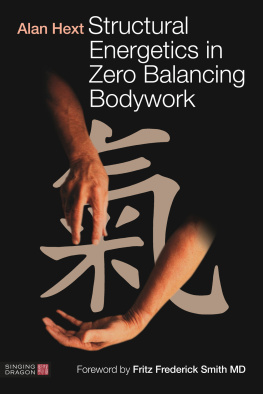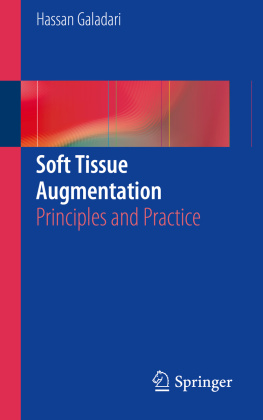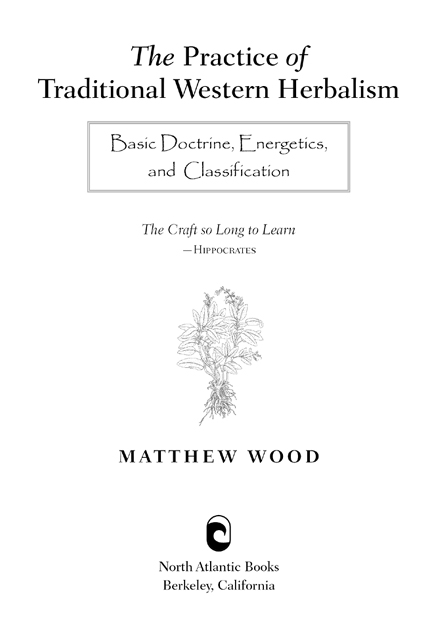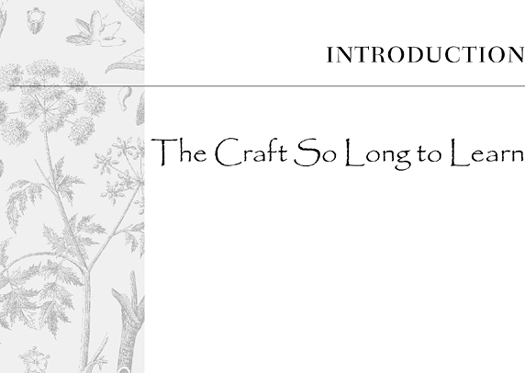Other books by Matthew Wood
Seven Herbs: Plants as Teachers
Vitalism: The History of Herbalism,
Homeopathy, and Flower Essences
The Book of Herbal Wisdom:
Using Plants as Medicines
The Earthwise Herbal:
A Complete Guide to Old World Medicinal Plants
The Earthwise Herbal:
A Complete Guide to New World Medicinal Plants
Copyright 2004 by Matthew Wood. All rights reserved. No portion of this book, except for brief review, may be reproduced, stored in a retrieval system, or transmitted in any form or by any meanselectronic, mechanical, photocopying, recording, or otherwisewithout the written permission of the publisher. For information contact North Atlantic Books.
| Published by |
| North Atlantic Books |
| P.O. Box 12327 | Cover art and illustrations by Matthew Wood |
| Berkeley, California 94712 | Cover design by Suzanne Albertson |
The Practice of Traditional Western Herbalism: Basic Doctrine, Energetics, and Classification is sponsored by the Society for the Study of Native Arts and Sciences, a nonprofit educational corporation whose goals are to develop an educational and cross-cultural perspective linking various scientific, social, and artistic fields; to nurture a holistic view of arts, sciences, humanities, and healing; and to publish and distribute literature on the relationship of mind, body, and nature.
North Atlantic Books publications are available through most bookstores. For further information, call 800-733-3000 or visit our website at www.northatlanticbooks.com.
Library of Congress Cataloging-in-Publication Data
Wood, Matthew, 1954
The practice of traditional western herbalism : basic doctrine, energetics, and classification / by Matthew Wood.
p. ; cm.
Includes bibliographical references.
eISBN: 978-1-58394-738-8
1. HerbsTherapeutic use. 2. Medicine, Botanic.
[DNLM: 1. Phytotherapy. 2. Eclecticism, Historical. WB 925 W877p 2004]
I. Title.
RM666.H33W657 2004
615.321dc22
2004002681
v3.1
Dedicated to the late William LeSassier
A Teacher of Teachers
Acknowledgments
T HE MODEL OF THE SIX TISSUE STATES is derived from The Philosophy of Physiomedicalism (1900) by Dr. J.M. Thurston. The model of the tastes and pharmacological actions in relationship to energetic categories is largely derived from the work of David Winston, registered herbalist (AHG). These are the major influences which, in addition to my own thoughts, have shaped the development of this book.
The following people have contributed to the development of this book through their ideas, inspirations, proofreading, editing, and support: the late William LeSassier, herbalist/acupuncturist, New York City; Phyllis Light, herbalist (AHG), Arab, Alabama; Steven Horne, herbalist (AHG), St. George, Utah; Julia Graves; David Winston, herbalist (AHG), Broadway, N. J.; Michael Moore, herbalist (AHG), Bisbee, Arizona; Lise Wolff, herbalist (AHG), Minneapolis, Minnesota; Karyn Sanders; Dennis Anderson; Margi Flint; Deb Soule; Kathleen Maier; Kate Gilday and Don Babineau; Rosemary Gladstar; Pam Montgomery; Denese Ullom; Halsey Brandt; Andrew Lange, N.D.; Matthew Becker; Carl Robinson; Barbara St. Dennis; Ellen Hopman; Sondra Boyd, RN; Alan Dattner, M.D.; Hannah Cohen; Rudolph Ballentine, M.D.; Paul Red Elk; Yago Tahnahgah; and William Winter, D.V.M..
Contents
Introduction
The Craft So Long to Learn
Part One
Forgotten Energetics of
Traditional Western Herbalism
The Forgotten Language of Energetics
The Green Tongue
The Four Qualities
Energetics of Ancient Western Medicine
The Six Tissue States
Forgotten Energetics of Nineteenth-Century Western Medicine
Specific Medicine
Energetics of the Medicinal Substance
The Fountain of Life
The Energetic Organism
Organs and Systems
Primary Structures of the Body
The Three Primary Constitutions
Assessment of the Whole Person
Part Two
Classification of Medicinal Plants
Sedatives
Heat, or the Excited Tissue State
Relaxants
Wind, or the Constrictive Tissue State
Nutritive Tonics
Dry, or the Atrophic Tissue State
Astringents
Damp Flowing, or the Relaxed Tissue State
Alteratives or Blood Purifiers
Damp Stagnation, or the Torpid Tissue State
Stimulants
Cold, or the Depressed Tissue State
The life so short, the craft so long to learn,
experience difficult to obtain,
experiment dangerous, judgment hard.
T HE F IRST A PHORISM OF H IPPOCRATES
W estern herbalism was originally a part of Western medicine. In order to understand much of the herbal tradition we have inherited, we need to comprehend some of the concepts of old time Western practice. The old doctors did not possess the modern scientific technology that allows researchers to gaze upon the exact molecular structure of tissues, drugs, disease lesions, microorganisms, and the human genome itself. Instead, they had to define diseases and medicines in terms of broad physiological patterns, processes, characteristic symptoms, and symptom-pictures observable with the naked eye, or a few simple instruments.
Until 1930, the Western pharmacopoeia consisted largely of plant and mineral substances which were defined in terms of constituents which are sensible to the hand, eye, or tonguemucilage, astringent, bitters, and so forth. These substances act on general physiological conditions, rather than molecular lesions. Within this milieu, plant medicines made sense. They provided sources of such ingredients in different combinations suitable to different problems and structures of the body. With the change to modern biomedicine, drugs came to be defined according to a specific molecular structure. Herbs, with their less refined ingredients composed of masses of different constituents, became increasingly irrelevant. If they had value, it was because they might contain an ingredient that could be separated and refined to become a drug. The whole herb was no longer valuable in and of itself.
In a similar manner, diseases are now defined in terms of molecular structure and change rather than as general processes, functions, or symptom-pictures. Thus, not only are herbs ignored, but the entire system of medicine of which they formed a part has also been forgotten. This has made it very hard to understand the old herbal literature, interwoven as it is with an old-time Western medicine which has become irrelevant and been forgotten.


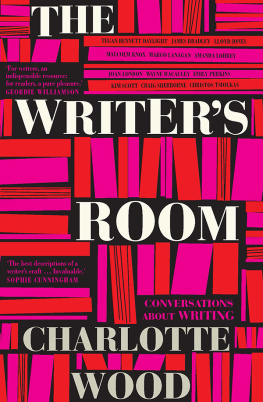


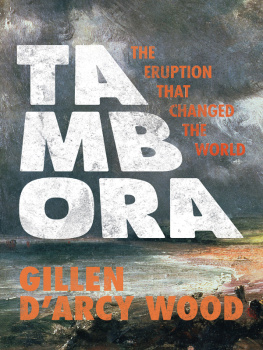

![Wood - Cia Rose Series Box Set [Books 1-3]](/uploads/posts/book/141420/thumbs/wood-cia-rose-series-box-set-books-1-3.jpg)
